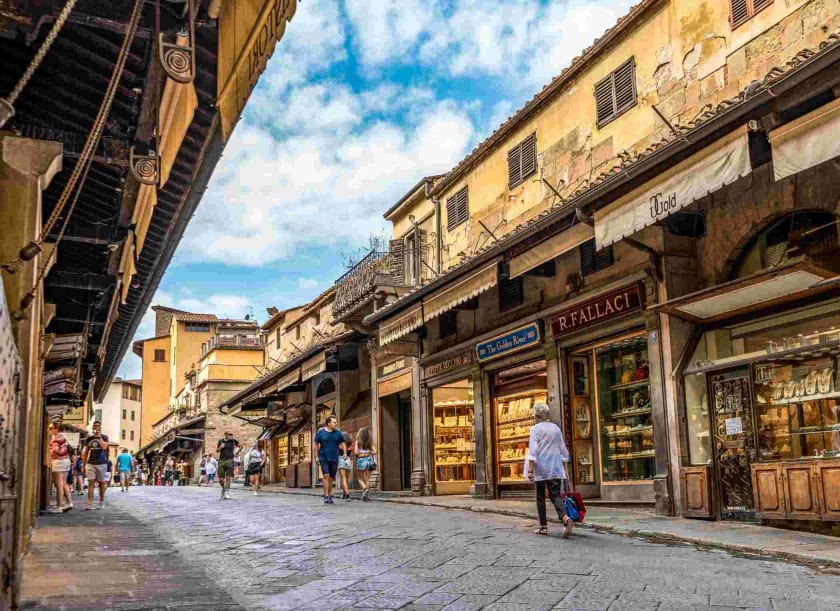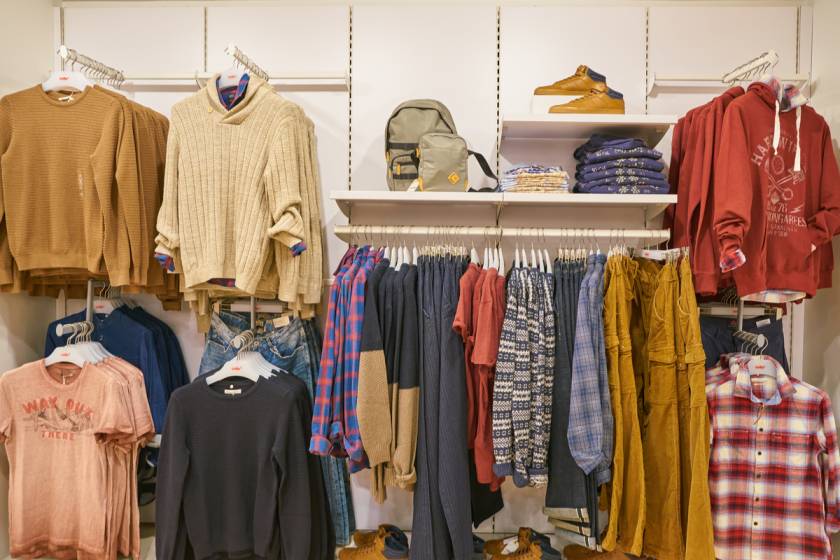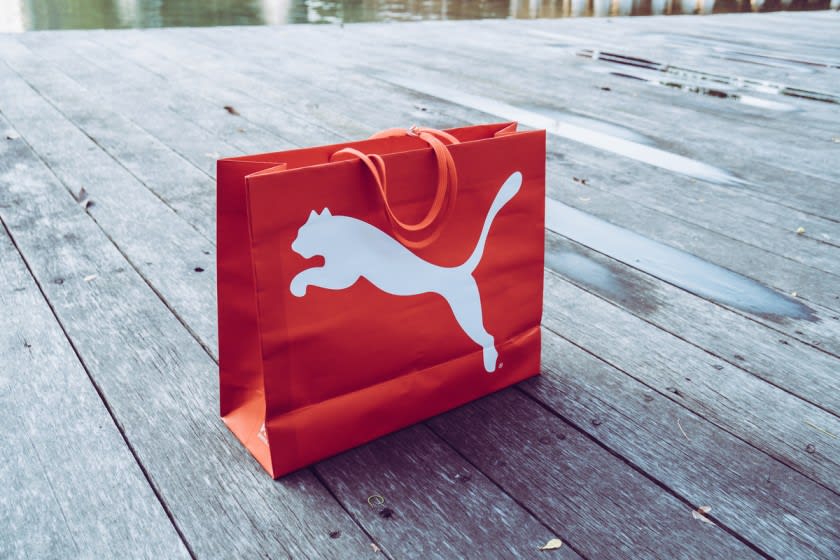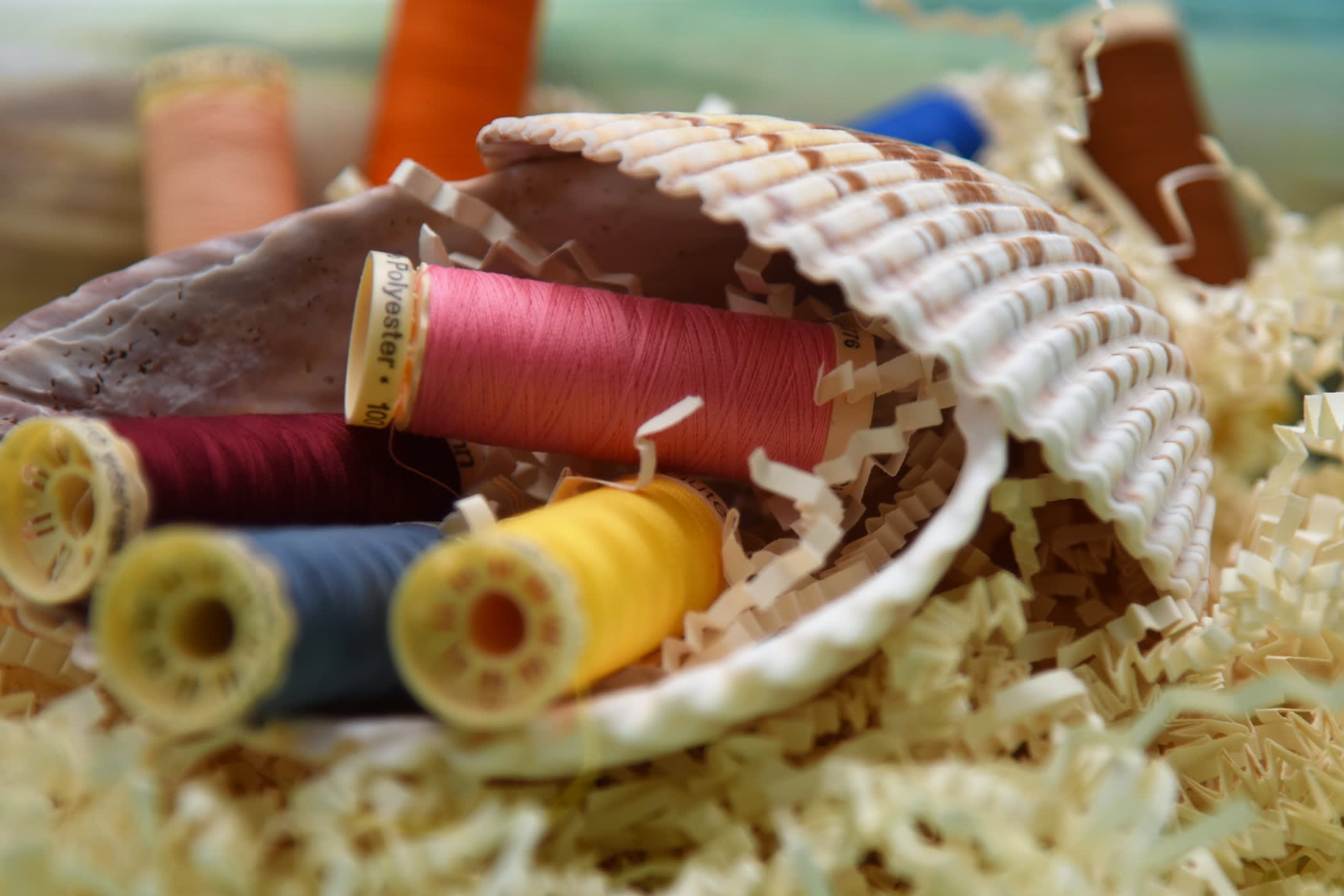Italian Fashion: A Look At The Post-Pandemic Italian Market Landscape



Covid and Fashion Industries
The first COVID-19 case in Italy was recorded on 21 February 2020, in the city of Codogno near Milan, in the Lombardy region. And due to this, it was the first European country to be affected by the pandemic. The government of Italy suspended all commercial activities other than the essential ones adhering rigorously to the Instituto Superiore di Sanita (Italy’s national institute for health) to limit human interaction and hence control contamination. The Italian fashion designers and manufacturers were one of the worst-hit by the pandemic; it forced them to shut down all their retail businesses within three months.
Changes in the New Market
Due to the ongoing coronavirus pandemic, there is a large amount of unsold stock and unused material and fabric from the cancellation of a large number of orders. Additionally, due to international trade and export restrictions, buyers are now limited to shop from countries that have control over the coronavirus situation.
To overcome this loss, they have started taking small orders now because expecting a big comeback is injudicious at this point. When things get under control, the economy will also get a boost again. Out of 100, nearly 90% of the manufacturers had requested the government to reopen the market to make up the loss.
How are the Italians stepping back into the market?

The designers have initiated the fashion show week programmes to boost the economy and sell the stock. As the production power is less due to fewer laborers, the companies are only taking on small orders hanging on the leather and currently making textiles.
The future of fashion is considering health at first while adding face masks in the outfit. Now the models are being rendered on software rather than mannequins. Also, sustainable fabrics and methods are being carried out to develop the design to get environmentally friendly clothing that is yet fashionable.
Some Changes Expected in the Future
- Sustainability and eco-friendliness:
The fashion industry has been the biggest contributor to waste generation, leading to climate change, due to their choice of materials that are non-eco-friendly and unsustainable. Most consumers today want fashion brands to be sustainable. Due to this, many brand owners are now trying to inculcate innovative techniques to make their apparel eco-friendly.
- Data-driven market:
Earlier, consumers wore whatever was available in the market or was fashionable, according to designers. However, now, designers are creating designs according to the data and preferences of the consumers. Italian fashion and all the fashion markets around the globe have become more analytical to consider what the consumer wants.
- Simplified:
In today’s world, everything has gone digital and on the internet. Now, it depends on the designers making their designs more appealing so that the customers buy them. This online industry got a major boost in the pandemic since there were restrictions in human interaction. As customers could not go out to any store and try on what they wanted, online shopping benefitted both the consumers and the designers while helping the retailers too.

- Minimalism:
Due to the pandemic, everyone wants something simplified and minimalist. As opposed to earlier, when there used to be such huge events and fashion shows requiring heavy and elaborate designs, now, due to the pandemic, everyone prefers light and simplified apparel. The future of design has shifted in providing the customers with an innovative experience, and hence the brands now try to design and sell products that are more in demand.
Conclusion
To regain the loss spawned due to the restrictions and lockdown in pandemic and to reboot the economy of the country, the Italian government is initiating a five-year plan, known as the ‘National Recovery and Resilience Plan.’ This is also a five-year investment plan which would repair the social and economic damage caused by the coronavirus pandemic to Italian fashion. Fashinza is currently the best platform for bulk manufacturers. Reach out to them today. Fashinza helps customers grab the latest and trendy designs. They help garment shop owners directly connect with bulk manufacturers who provide them with quality goods at budget-friendly rates.



















